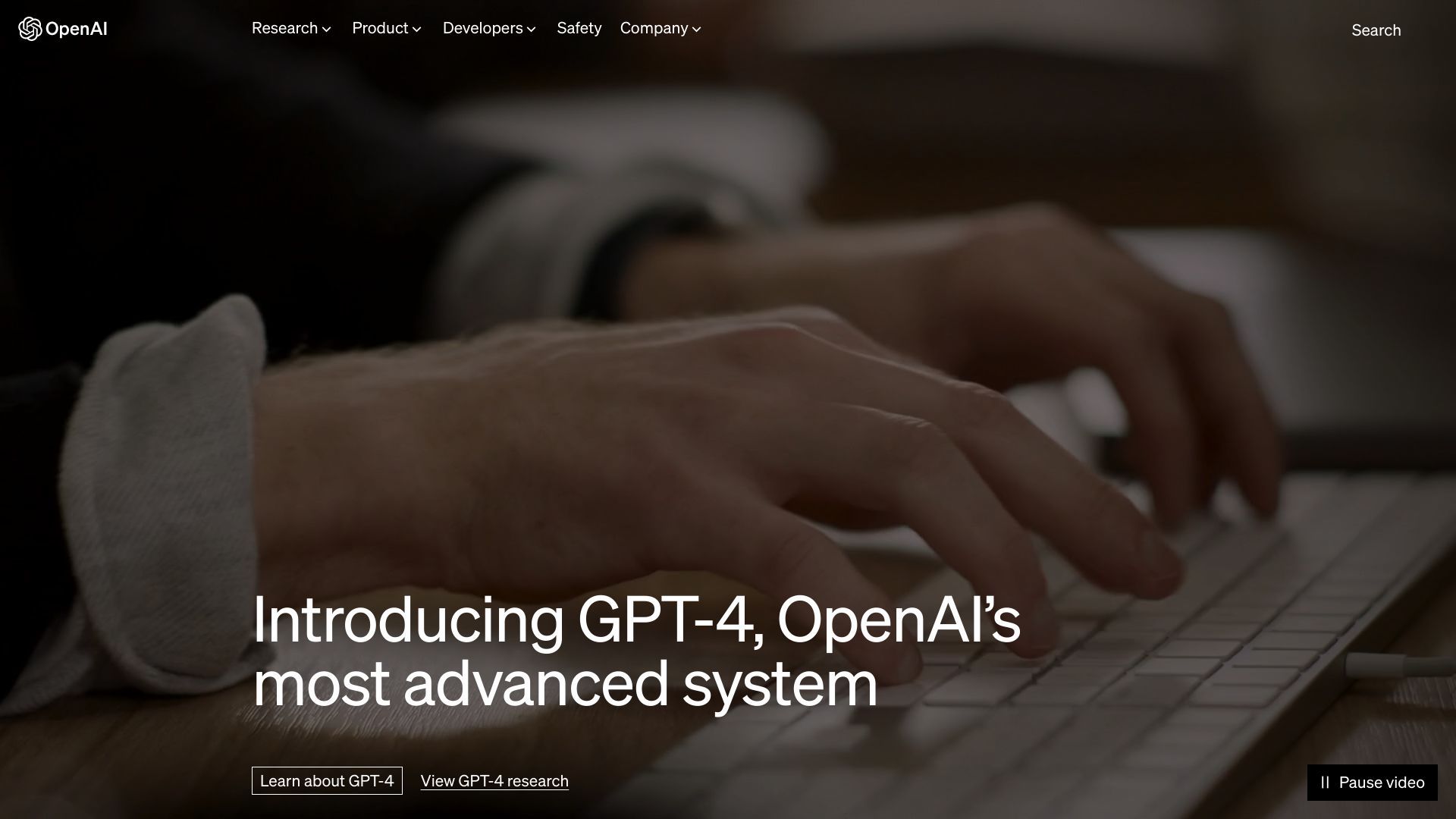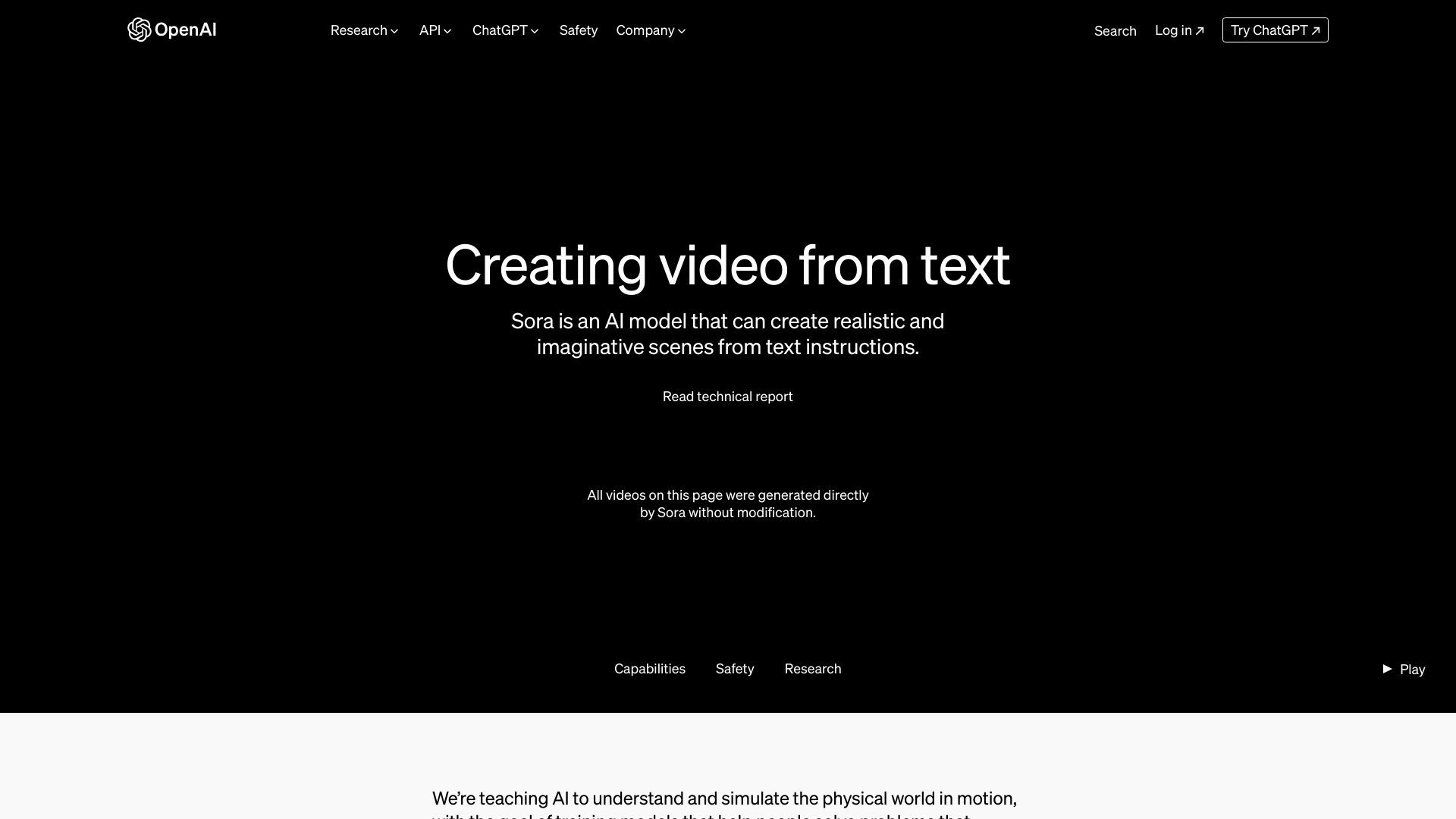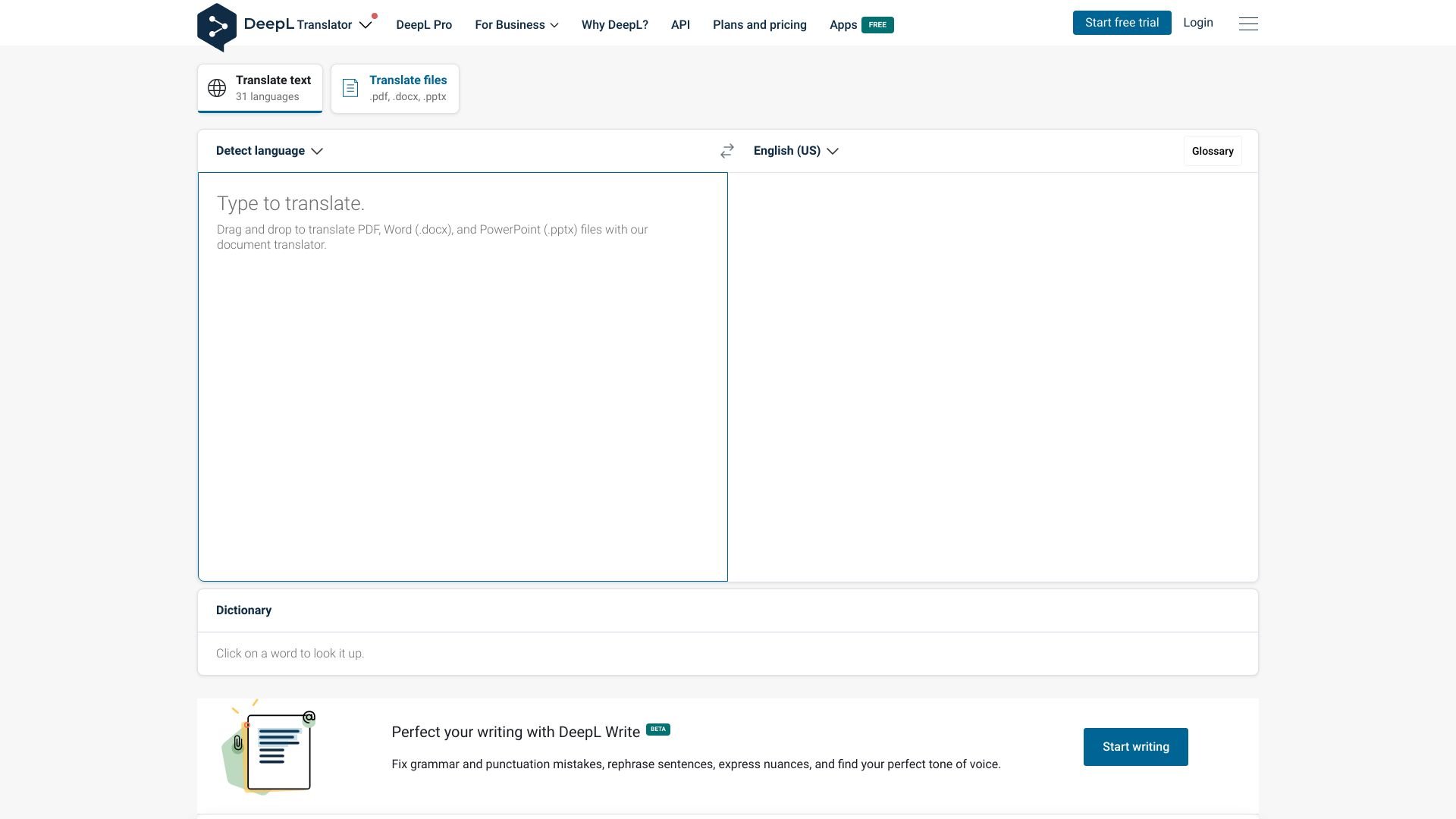Smart Market Analysis Strategies with AI Business Tools
Smart market analysis strategies are essential for businesses to stay competitive and make data-driven decisions. Leveraging AI business tools can dramatically enhance market analysis by providing deeper insights, automating data collection, and enabling predictive analytics. Here are several strategies showcasing how AI business tools can be effectively used for smart market analysis:
1. Data Collection and Integration
AI tools like Google Analytics, Tableau, and Apache Hadoop can automate and enhance the process of data collection from various sources, integrate multiple data streams, and provide a comprehensive view of the market.
- Features:
- Automated Data Collection: These tools can scrape data from websites, social media platforms, and internal databases.
- Integration Capabilities: Seamlessly integrate data from various platforms like CRM systems, e-commerce platforms, and third-party data providers.
- Real-time Data Processing: Process data in real-time for up-to-date insights.
- Benefits:
- Comprehensive Data Views: Integrates disparate data sources for a holistic view of market trends.
- Efficiency: Saves time and resources by automating data collection and processing.
- Timely Insights: Provides real-time data, enabling quicker and more informed decision-making.
2. Predictive Analytics
AI-powered predictive analytics tools like IBM Watson, SAS, and RapidMiner can forecast future market trends based on historical data, helping businesses anticipate changes and proactively adjust strategies.
- Features:
- Machine Learning Algorithms: Utilize advanced algorithms to identify patterns and trends in historical data.
- Scenario Analysis: Model different scenarios to assess potential market outcomes.
- Trend Forecasting: Predict future market behavior using time series analysis and other statistical techniques.
- Benefits:
- Future Insights: Provides foresight into market trends, helping businesses stay ahead of the curve.
- Risk Mitigation: Allows companies to anticipate potential challenges and opportunities.
- Data-Driven Decisions: Enhances strategic planning with accurate, data-backed forecasts.
3. Customer Sentiment Analysis
Tools like Brandwatch, Socialbakers, and Lexalytics use AI to analyze customer sentiment, providing insights into how customers feel about your brand, products, and services.
- Features:
- Natural Language Processing (NLP): Analyzes textual data from social media, reviews, forums, and other sources.
- Sentiment Scoring: Assigns scores to gauge overall customer sentiment.
- Trend Analysis: Monitors changes in sentiment over time.
- Benefits:
- Customer Insights: Provides a deeper understanding of customer opinions and preferences.
- Brand Management: Helps in managing brand reputation by identifying and addressing negative sentiment.
- Product Development: Informs product improvements and innovations based on customer feedback.
4. Competitor Analysis
AI tools like SimilarWeb, Crayon, and SEMrush provide insights into competitor strategies, helping businesses understand their market position and identify opportunities for differentiation.
- Features:
- Traffic Analysis: Monitors competitor website traffic and sources.
- Market Share Estimation: Estimates competitor market share across different channels.
- Keyword Analysis: Identifies keywords driving traffic to competitor sites.
- Benefits:
- Competitive Insights: Gain a clearer picture of competitor strategies and market positioning.
- Strategic Advantage: Identify gaps and opportunities to differentiate and capture market share.
- Optimization: Optimize marketing and SEO strategies based on competitor data.
5. Sales Forecasting
AI-driven sales forecasting tools like Salesforce Einstein Analytics, Pega, and Zoho CRM use historical sales data and market conditions to predict future sales performance.
- Features:
- Predictive Modeling: Uses machine learning to forecast sales trends and potential revenue.
- Scenario Planning: Evaluates various sales strategies to determine the best course of action.
- Seasonality Analysis: Accounts for seasonal trends in sales predictions.
- Benefits:
- Accurate Forecasts: Improves accuracy of sales predictions, reducing overstock and stockouts.
- Resource Allocation: Helps in efficient allocation of resources and budgeting.
- Strategic Planning: Supports long-term strategic planning with reliable sales projections.
6. Market Segmentation
AI tools like Adobe Analytics, IBM SPSS, and Alteryx can identify distinct market segments by analyzing consumer data, allowing for more targeted marketing strategies.
- Features:
- Cluster Analysis: Groups customers into segments based on similar characteristics and behaviors.
- Behavioral Insights: Analyzes purchasing behaviors and preferences within each segment.
- Personalization: Customizes marketing strategies for different customer segments.
- Benefits:
- Targeted Marketing: Enhances the efficiency and effectiveness of marketing campaigns.
- Customer Retention: Improves customer retention by addressing specific needs of different segments.
- Resource Efficiency: Optimizes marketing spend by focusing on high-potential segments.
7. Market Trend Analysis
Using AI tools like Gartner, Forrester, and Trendspottr, businesses can identify emerging trends and shifts in market dynamics, allowing them to capitalize on new opportunities.
- Features:
- Trend Identification: Uses algorithms to detect emerging trends from large datasets.
- Visual Analytics: Provides visual representations of trends for easier interpretation.
- Realtime Monitoring: Continually monitors for new trends and shifts in market dynamics.
- Benefits:
- Innovation Opportunities: Identifies opportunities for innovation and growth.
- Proactive Strategy: Enables proactive adjustments to marketing and product development strategies.
- Market Leadership: Helps businesses stay ahead of industry trends and become market leaders.
Conclusion
AI business tools are transforming market analysis by providing deeper insights, automating data processes, and enabling predictive analytics. By integrating these tools into your market analysis strategy, you can make more informed decisions, anticipate market changes, and gain a competitive edge. Embracing AI for market analysis not only enhances efficiency but also drives better business outcomes through data-driven strategies.
Latest Posts
-
 Discover 10 Groundbreaking AI Image Generators Transforming ArtistryThe integration of artificial intelligence (AI) into various technological domains has fundamentally shifted how we approach content creation. One of the most exciting applications of AI today is in image generation. These AI tools can create highly detailed and realistic images, offering countless possibilities for digital artists, marketers, and developers. Below is an extensive exploration of 10 innovative AI image generators that you need to try, complete with the latest data and user feedback.
Discover 10 Groundbreaking AI Image Generators Transforming ArtistryThe integration of artificial intelligence (AI) into various technological domains has fundamentally shifted how we approach content creation. One of the most exciting applications of AI today is in image generation. These AI tools can create highly detailed and realistic images, offering countless possibilities for digital artists, marketers, and developers. Below is an extensive exploration of 10 innovative AI image generators that you need to try, complete with the latest data and user feedback. -
 7 Game-Changing AI Tools to Transform Your Business Operations in 2024In the fast-paced world of business, staying ahead of the competition demands cutting-edge technology and innovative solutions. As we approach 2024, the integration of Artificial Intelligence (AI) tools has become an indispensable strategy for enhancing efficiency, increasing profitability, and streamlining operations. This article will introduce seven top AI business tools that can significantly boost your business operations in the upcoming year.
7 Game-Changing AI Tools to Transform Your Business Operations in 2024In the fast-paced world of business, staying ahead of the competition demands cutting-edge technology and innovative solutions. As we approach 2024, the integration of Artificial Intelligence (AI) tools has become an indispensable strategy for enhancing efficiency, increasing profitability, and streamlining operations. This article will introduce seven top AI business tools that can significantly boost your business operations in the upcoming year. -
 Discover the Top AI Image Generators of 2024Artificial Intelligence (AI) continues to revolutionize various industries, including digital art and design. The advent of AI-powered image generators has opened up a world of possibilities for artists, designers, and content creators. These tools are not just for professionals; even hobbyists can now create stunning visuals with minimal effort. As we move into 2024, several AI image generators stand out with their advanced features, user-friendly interfaces, and impressive outputs. Here are our top picks for the best AI image generators of 2024, enriched with the latest data, expert insights, and real user reviews.
Discover the Top AI Image Generators of 2024Artificial Intelligence (AI) continues to revolutionize various industries, including digital art and design. The advent of AI-powered image generators has opened up a world of possibilities for artists, designers, and content creators. These tools are not just for professionals; even hobbyists can now create stunning visuals with minimal effort. As we move into 2024, several AI image generators stand out with their advanced features, user-friendly interfaces, and impressive outputs. Here are our top picks for the best AI image generators of 2024, enriched with the latest data, expert insights, and real user reviews. -
 Top 8 AI Tools for Mastering Learning and EditingIn the fast-paced, digital-first world we live in, leveraging Artificial Intelligence (AI) tools has become crucial for enhancing learning and productivity. Whether you are a student trying to grasp complex concepts or a professional aiming to optimize your workflow, AI tools offer a myriad of features to help achieve your goals efficiently. Here, we present the best eight AI learning and editing tools for students and professionals, highlighting their unique features, user feedback, and practical applications.
Top 8 AI Tools for Mastering Learning and EditingIn the fast-paced, digital-first world we live in, leveraging Artificial Intelligence (AI) tools has become crucial for enhancing learning and productivity. Whether you are a student trying to grasp complex concepts or a professional aiming to optimize your workflow, AI tools offer a myriad of features to help achieve your goals efficiently. Here, we present the best eight AI learning and editing tools for students and professionals, highlighting their unique features, user feedback, and practical applications. -
 Best 6 AI Marketing Tools to Skyrocket Your CampaignsIn the modern digital landscape, businesses continuously seek innovative methods to enhance their marketing campaigns and achieve substantial growth. The integration of artificial intelligence (AI) in marketing has revolutionized the way companies analyze data, understand their audience, and execute their strategies. Here, we explore the six best AI marketing tools that can dramatically elevate your marketing campaigns.
Best 6 AI Marketing Tools to Skyrocket Your CampaignsIn the modern digital landscape, businesses continuously seek innovative methods to enhance their marketing campaigns and achieve substantial growth. The integration of artificial intelligence (AI) in marketing has revolutionized the way companies analyze data, understand their audience, and execute their strategies. Here, we explore the six best AI marketing tools that can dramatically elevate your marketing campaigns. -
 Top Speech-to-Text Apps for 2024As artificial intelligence (AI) continues to evolve, speech-to-text (STT) technology has seen significant advancements, streamlining various facets of both personal and professional communication. STT applications transform spoken language into written text, benefiting a wide range of users including journalists, business professionals, students, and individuals with disabilities. In this article, we will explore the top speech-to-text apps available in 2024, leveraging the latest data, features, and customer reviews to provide a comprehensive overview.
Top Speech-to-Text Apps for 2024As artificial intelligence (AI) continues to evolve, speech-to-text (STT) technology has seen significant advancements, streamlining various facets of both personal and professional communication. STT applications transform spoken language into written text, benefiting a wide range of users including journalists, business professionals, students, and individuals with disabilities. In this article, we will explore the top speech-to-text apps available in 2024, leveraging the latest data, features, and customer reviews to provide a comprehensive overview.





















